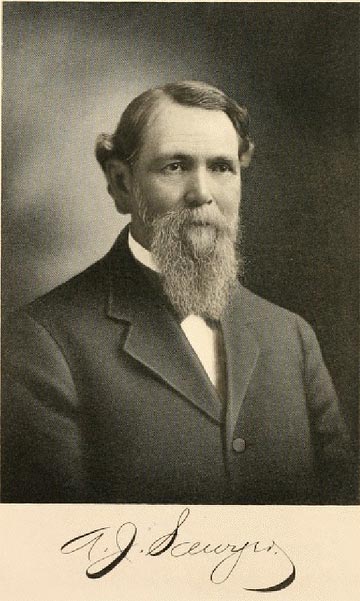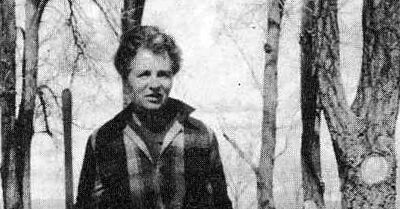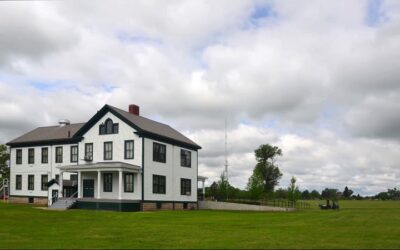Andrew J. Sawyer’s Lincoln the Capitol City and Lancaster County, Nebraska, published in 1916, included a section entitled “Brief Happenings in Lancaster County History,” which chronicled representative events in the county from 1867 to 1909. These events range from the high profile (location of the state capital at Lincoln, August 14, 1867) to the mundane (location of a pickle factory at Lincoln, July 16, 1874).
Immigration was an important topic for inclusion in the list of memorable events. On June 15, 1872, it was estimated that there were thirty-three immigrant wagons passing westward through Lincoln every day. On July 29, 1874, a large party of Russian Mennonites were encamped at the fairgrounds in Lincoln. On July 1, 1879, forty-two African American immigrants arrived in the city.
Notable Lincoln “firsts” were recorded. On October 13, 1870, the first Lancaster County agricultural fair was held. On June 24, 1874, the first five graduates of the university formed an alumni club. On September 7, 1878, Lincoln saw its first phonograph, exhibited at a local opera house. On June 6, 1889, William A. Wiggington was the first African American graduate of the Lincoln Public Schools. On March 11, 1886, the Fitzgerald Hose Company of Lincoln “won the 100-yard race at New Orleans, a contest open to the world.”
Natural disasters during these years were reflected in the mention of grasshoppers, fire (especially the disastrous fire of September 16, 1899), and floods. Grasshopper infestations were noted on August 14, 1872, and again in 1874 and 1875. Floods occurred in 1871, 1873, 1881, and 1902. “Lincoln was again flooded,” said the entry for July 5, 1908. “Salt Creek overflowed and the gas works were put out of commission. Railroads were compelled to suspend business, hundreds were homeless and nine were dead.”
A few entries seem whimsical. On December 10, 1872, it was noted that the mail between Fremont and Lincoln was being carried on foot “due to the prevalence of a horse disease known as epizootic.” On July 26, 1892, “Dr. W. B. Swisher by his secret process agreed to bring an inch of rain to Lincoln and vicinity within twelve hours.” (The entry for July 27, the next day, noted: “One and two-tenths of rain fell in Lincoln and was general throughout the state.”) A terse entry for April 2, 1896, noted the death of Maxey Cobb, “treasurer of Lancaster County, near the penitentiary. His accounts were short.”

A. J. Sawyer. From Lincoln the Capital City and Lancaster County, Nebraska (1916) by Andrew J. Sawyer



